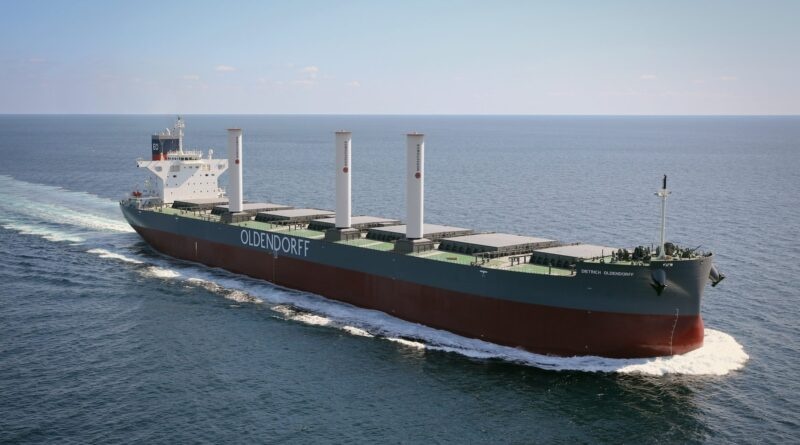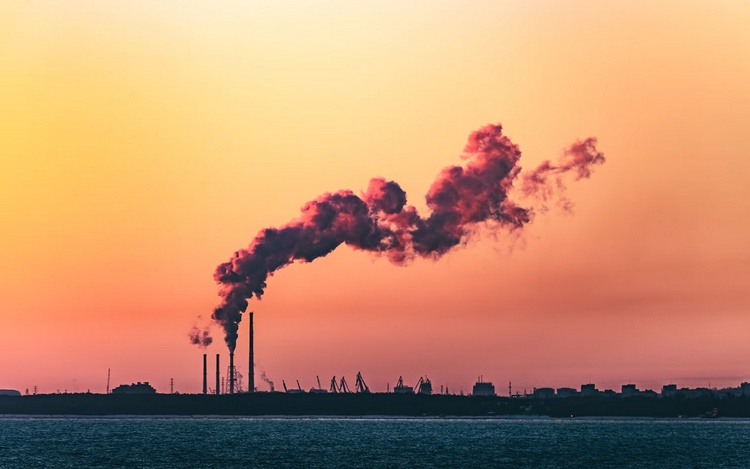February 8 NEC Energy News
¶ “Wind Power Returns To Cargo Ships, And Now With Plastic Bottles” • The cargo shipping industry is slowly moving towards low emission fuels, but in the meantime wind power is ready and eager to go. Various forms of high tech sails are showing up on shipping lanes, and to gild the sustainability lily, some are made with recycled plastic bottles. [CleanTechnica]

¶ “The Fukushima Nuclear Plant Leaked Radioactive Water, But None Escaped The Facility” • Highly radioactive water leaked from a treatment machine at the tsunami-hit Fukushima Daiichi nuclear power plant, but no one was injured and radiation monitoring shows no impact to the outside environment, the utility operator said. [ABC News]
¶ “Ethiopia Banning Non-Electric Car Imports” • Details are a little thin at this point, but the Ethiopian Ministry of Transport and Logistics, Alemu Sime, recently said the country will not allow cars to enter the market unless they are EVs. “A decision has been made that automobiles cannot enter Ethiopia unless they are electric ones,” he said. [CleanTechnica]
¶ “World’s First Year-Long Breach Of Key 1.5°C Warming Limit” • For the first time, global warming has exceeded 1.5°C across an entire year, according to the EU’s Copernicus Climate Change Service. World leaders promised in 2015 to try to limit the long-term temperature rise to 1.5°C, which is seen as crucial to help avoid the most damaging impacts. [BBC]

¶ “Super Bowl To Be Hosted In First 100% Renewable Energy NFL stadium” • Super Bowl LVIII will pit the Kansas City Chiefs against the San Francisco 49ers in Las Vegas, Nevada on Sunday, February 11. This will be the first Super Bowl that takes place in Allegiant Stadium, home of the Raiders, which is 100% powered by renewable energy. [pv magazine USA]
¶ “A Bill That Would Reform The Renewable Energy Standard In Vermont Clears Key Panel” • The Vermont House Environment and Energy Committee voted in favor of H.289, a bill that would increase the amount of renewable energy that Vermont utilities are required to purchase to 100% by 2030. It heads to the House Ways and Means Committee next. [VTDigger]
For more news, please visit geoharvey – Daily News about Energy and Climate Change.
